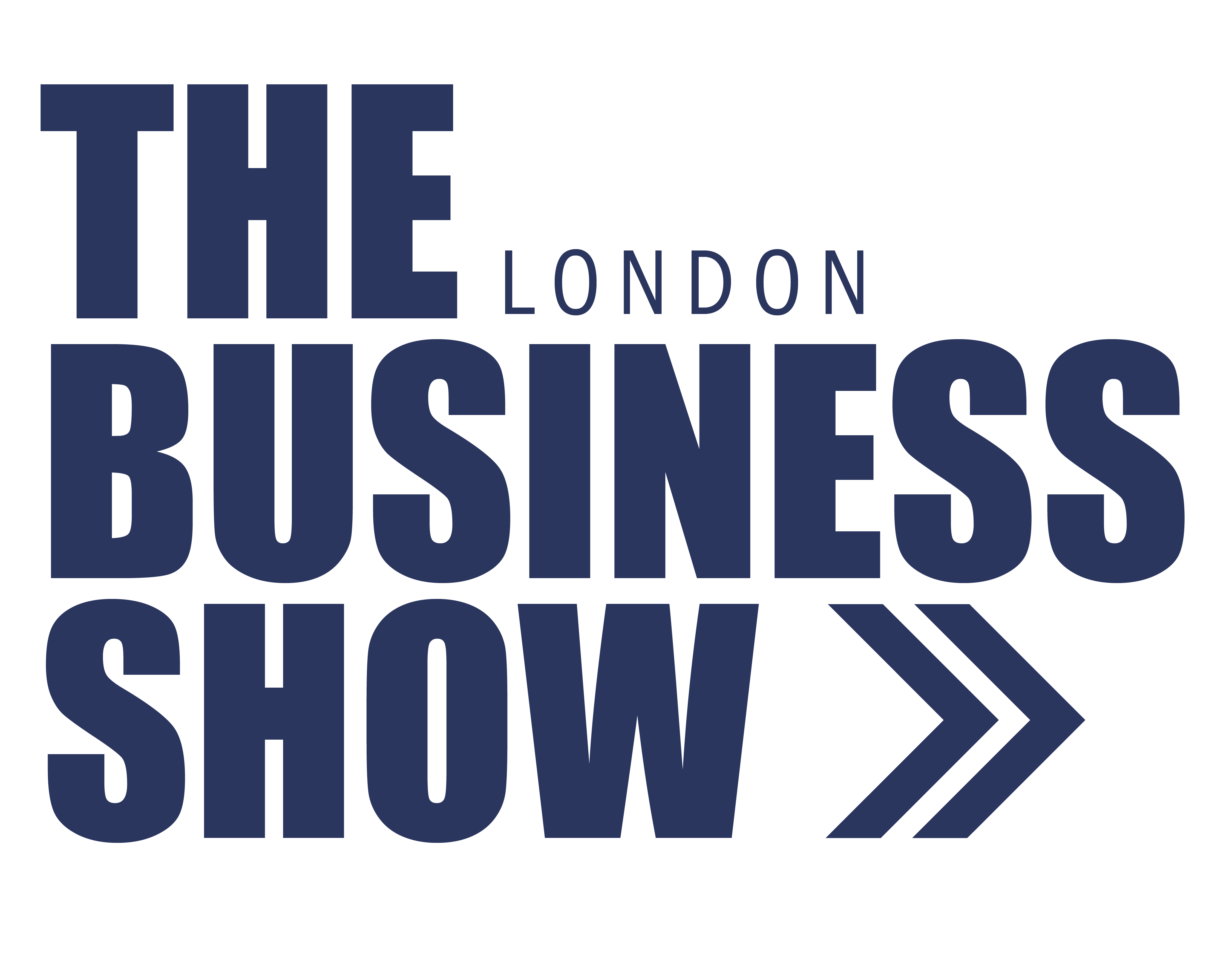Business Tax: What You Need to Know
As a business owner, understanding your tax obligations is crucial for financial success and compliance. Whether you're a sole trader, partnership, or limited company, navigating the complex world of business taxes can be challenging. Let's explore some key aspects of business taxation in the UK.
Types of Business TaxesCorporation Tax
Limited companies pay corporation tax on their profits, currently set at 19% for most businesses. It's important to note that you won't receive a bill for this tax; it's your responsibility to calculate and pay the amount owed. The filing deadline is 12 months after the end of your accounting period, while the payment deadline is nine months and one day after the end of your accounting period.
Value Added Tax (VAT)
If your business turnover exceeds £85,000 per year, you must register for VAT. The standard VAT rate is 20%, but some products or services may be subject to lower rates or exemptions. VAT-registered businesses must file VAT returns and either pay or reclaim the difference between VAT charged and paid.
Business Rates
If you use non-domestic properties for your business, such as shops, warehouses, or offices, you'll need to pay business rates1. This also applies to parts of domestic properties used for non-domestic purposes, like a home office under certain conditions.
Income Tax and National Insurance
Sole traders and partnerships pay income tax on their business profits through self-assessment. The tax-free Personal Allowance for 2021/2022 is £12,570, with tax rates increasing for higher incomes. Additionally, you may need to pay National Insurance contributions, including Class 2 and Class 4 for self-employed individuals.
Tax Planning and ConsiderationsRegistering as a Business
Consider registering your business formally, especially if you're a blogger or content creator. This can provide tax benefits and legitimacy to your operations. For instance, registering as an S Corporation can help avoid double taxation and potentially save on self-employment taxes.
Deductions and Expenses
Keep accurate records of your business expenses, as these can be deducted from your taxable income. This includes costs related to running your business, such as equipment, supplies, and marketing expenses.
Seeking Professional Advice
Tax laws can be complex and change frequently. Consider consulting with an accountant or tax advisor to ensure you're complying with all regulations and maximising your tax efficiency.
Remember, staying informed about your tax obligations and planning ahead can help you avoid penalties and optimise your business's financial health. Regular review of your tax strategy is essential as your business grows and evolves.


